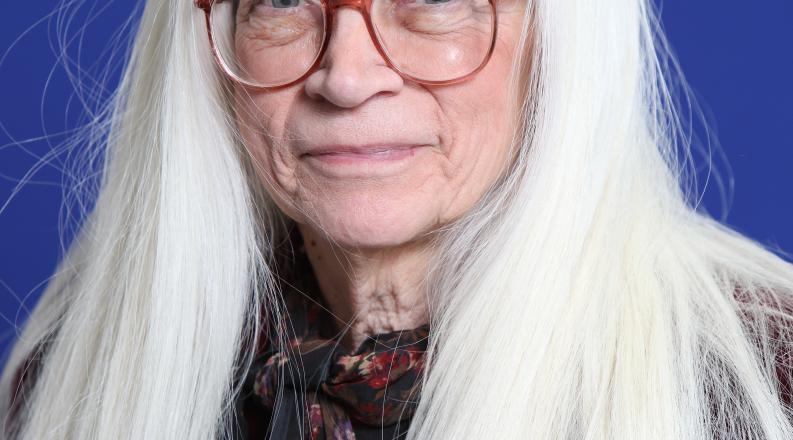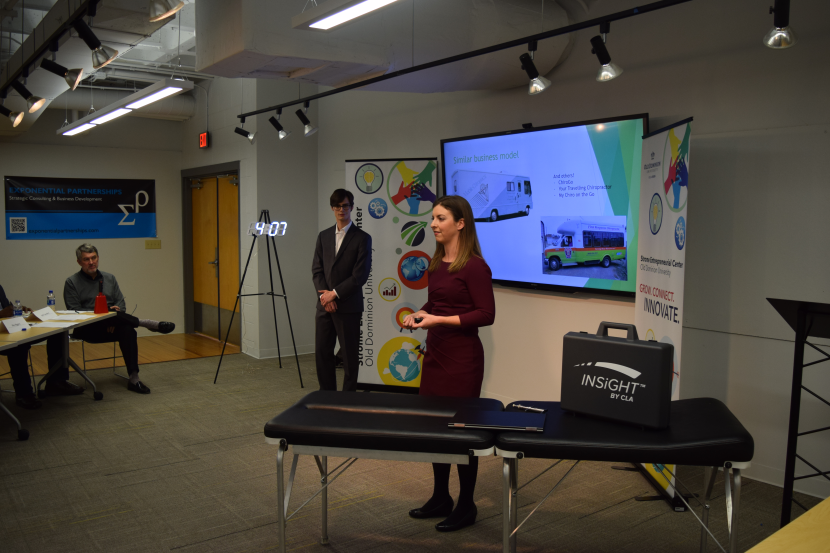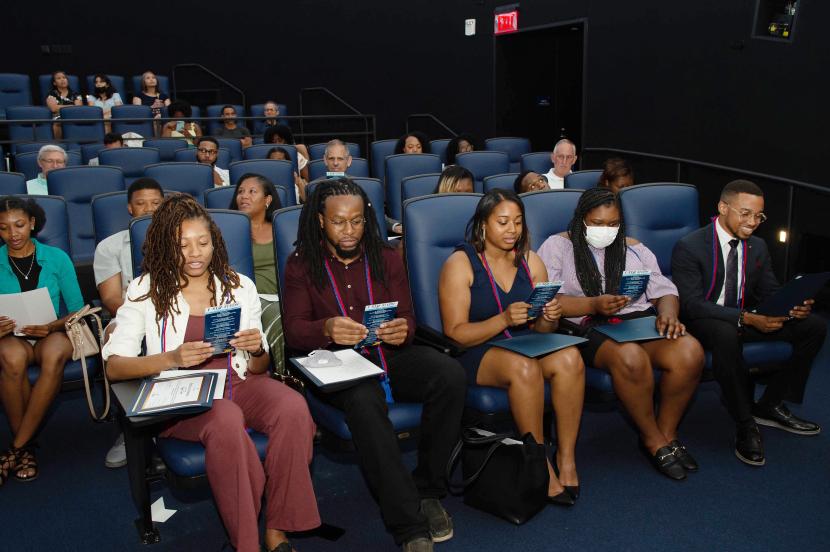By Sherry DiBari
Linda Vahala, an associate professor in the Department of Electrical & Computer Engineering at Old Dominion University, was recently awarded a $160,000 Department of Energy grant for continued research on unitary qubit lattice algorithms for plasma physics. This research will be with a team of researchers from William & Mary, Massachusetts Institute of Technology (MIT) and Rogers State University.
Vahala explains that quantum computing became a global race shortly after Peter Shor, professor of applied mathematics at MIT devised a special algorithm that could factor a number with many digits into its two prime number factors. "This is what is behind all our internet cryptography with which we perform secure bank transactions, classified messaging, and more," she said. "Without this security, world and internal business would grind to a halt because of rogue hacking by belligerent actors."
"Military security would also be at risk," Vahala added.
"The basic storer of quantum information is a "qubit" - generalizing the concept of a classical bit in classical computers of today," she explained.
"The whole idea behind quantum computing is to be able to manipulate these qubits with special operations (called unitary operations) so that the resulting computations could be exponentially faster than on a classical computer," Vahala added.
This research on quantum algorithms was first funded by the Air Force Office of Scientific Research in 2002-2012 and started with the development of algorithms to solve an important nonlinear equation whose solutions were known as "solitons."
The research then developed into an examination of what is referred to as "non-Abelian quantum turbulence," supported by the NSF (2013-2018).
As the team moved into algorithms for Maxwell equations, they were supported by Semicyber (2019-2020) to consider radiation from an antenna while DoE (2021-2024) is supporting the current work to develop quantum algorithms for anisotropic media like magnetized plasmas.
The current team members include George Vahala of William and Mary, Abhay K. Ram of MIT, and Min Soe of Rogers State University.






